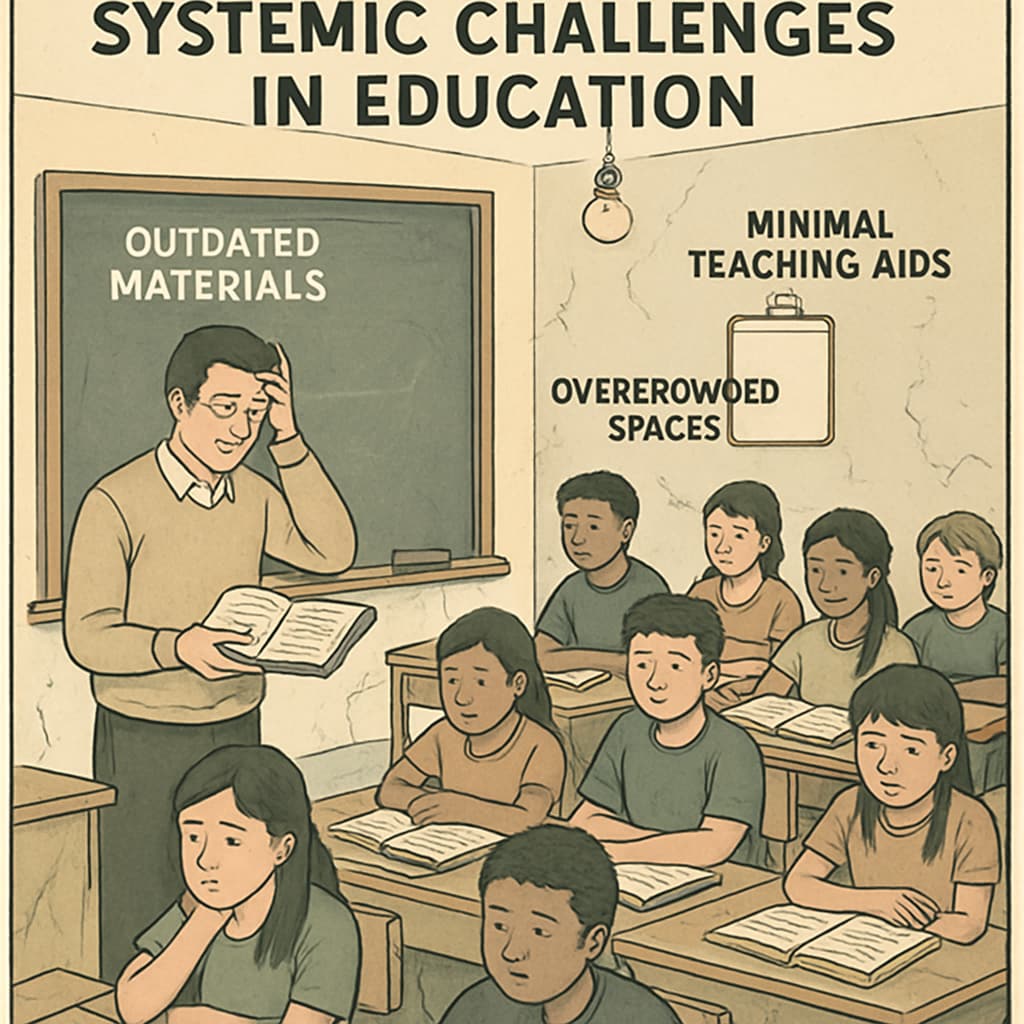For students with learning challenges, pursuing medical dreams often feels like navigating an uphill battle. They face systemic education inequities, psychological pressures, and limited resources to support their journey. In a field as demanding as medicine, these barriers can seem insurmountable. However, by understanding these challenges and working toward an inclusive educational ecosystem, we can empower these students to achieve their aspirations.
The Systemic Challenges in Education
The traditional K12 education system often fails to accommodate students with learning difficulties, such as dyslexia, ADHD, or other cognitive conditions. These students are frequently assessed using standardized methods that do not align with their unique learning styles. As a result, their potential may be overlooked, and their confidence undermined.
In addition, access to resources such as specialized tutors, adaptive technologies, and supportive learning environments remains uneven. For example, public schools in underfunded districts may lack the necessary tools to help students with learning challenges thrive. This systemic gap exacerbates educational inequities, making it even harder for these students to consider careers in highly competitive fields like medicine.

Psychological Pressure and Its Impacts
Beyond systemic barriers, students with learning difficulties face significant psychological stress. The pressure to meet academic standards, coupled with the stigma surrounding learning disabilities, often leads to feelings of inadequacy. For those aspiring to pursue medicine, the stakes are even higher.
The medical field demands rigorous study, long hours, and mastery of complex subjects. Students with learning challenges may internalize societal doubts about their abilities, leading to anxiety, depression, or burnout. Without proper support, these psychological burdens can derail their academic and personal growth.
Building an Inclusive Educational Ecosystem
To address these issues, we must collectively work toward an inclusive education system. Here are some actionable steps:
- Personalized Learning Plans: Tailored strategies that align with each student’s strengths and challenges can help them progress effectively.
- Accessible Resources: Providing adaptive technologies, such as text-to-speech software, can make learning more inclusive.
- Teacher Training: Educators should receive training to identify and support students with learning difficulties.
- Mental Health Support: Schools should offer counseling services to help students manage stress and build resilience.
Moreover, fostering a culture of acceptance is critical. By normalizing diverse learning needs, we can reduce stigma and create an environment where all students feel valued.

Success Stories: Inspiring the Next Generation
Despite the challenges, many individuals with learning difficulties have achieved remarkable success in medicine. For example, Dr. Ben Carson, a renowned neurosurgeon, overcame significant academic struggles during his early education. His story serves as a powerful reminder that determination, coupled with the right support, can lead to extraordinary achievements.
These success stories highlight the importance of resilience and the transformative impact of inclusive practices. By sharing such narratives, we can inspire the next generation of learners to believe in their potential.
In conclusion, addressing the systemic challenges and psychological pressures faced by students with learning difficulties is not just a matter of equity—it is a matter of cultivating talent that could revolutionize fields like medicine. By building an inclusive educational ecosystem, we can ensure that every aspiring doctor, regardless of their learning challenges, has the opportunity to succeed.
Readability guidance: This article uses short paragraphs, incorporates lists for clarity, and maintains an accessible tone. Care has been taken to balance professional content with readability, ensuring that key points are easily understood.


